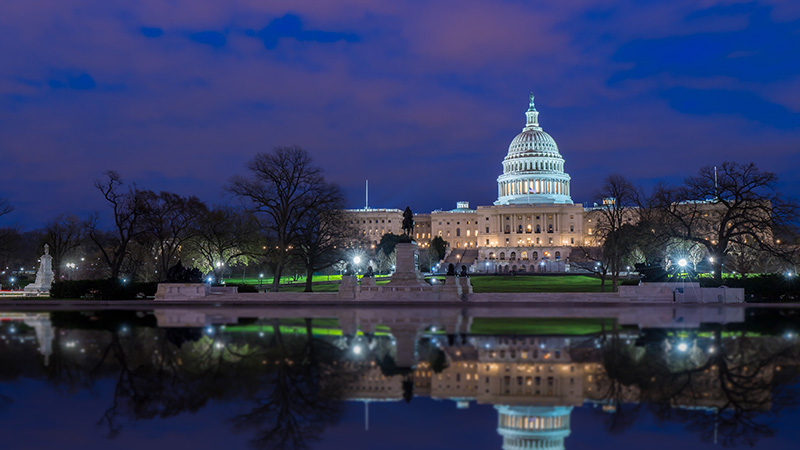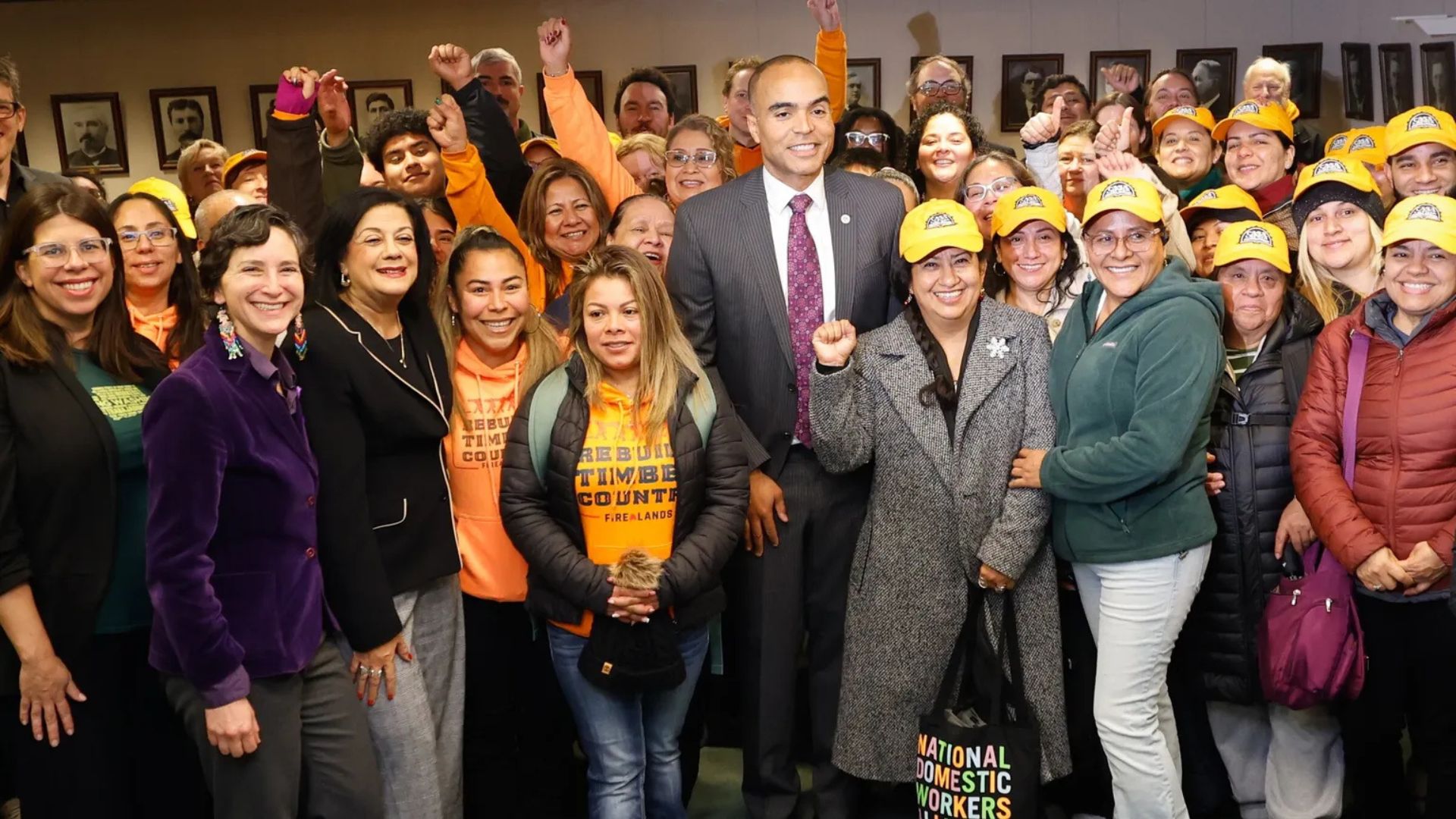
Congress recently approved a temporary funding measure to avoid a government shutdown and postpone the federal budget debate into the new year. The bill passed the Senate with an 87-11 vote and had previously secured overwhelming bipartisan support in the House. This stopgap funding maintains current government funding levels for about two months, setting two deadlines—January 19 for certain federal agencies and February 2 for others. At this point, there may be a risk of a partial shutdown.
Senate Majority Leader Chuck Schumer emphasized the avoidance of a government shutdown this year. The bill’s passage, however, faced some opposition. Senator Patty Murray supported it but expressed concerns about doubling the shutdown risk. The bill excludes the White House’s $106 billion wartime aid request for countries like Israel and Ukraine, a topic likely to be addressed after Thanksgiving.
House Speaker Mike Johnson, has called for deeper spending cuts and is against further stopgap measures. His stance has caused friction within the GOP, as some members wanted to use a shutdown threat to demand cuts and policy changes. This discord led to an early break for Thanksgiving, highlighting internal challenges in the House GOP.
The focus is expected to shift to the Biden administration’s funding requests for Ukraine and Israel when Congress reconvenes. Senate Republican Leader Mitch McConnell has emphasized the need for policy changes, particularly regarding the U.S.-Mexico border crisis. Some Republicans are considering linking Ukraine funding to border policy changes.
Despite these tensions, most Senate Republicans support Ukraine funding. However, National Security Council spokesperson John Kirby noted that U.S. aid to Ukraine is dwindling. Senator Michael Bennet voted against the funding package due to the exclusion of Ukraine aid.
Schumer urged bipartisan cooperation for upcoming legislation on funding and border issues, highlighting the need for compromise in the face of diverse political agendas.

